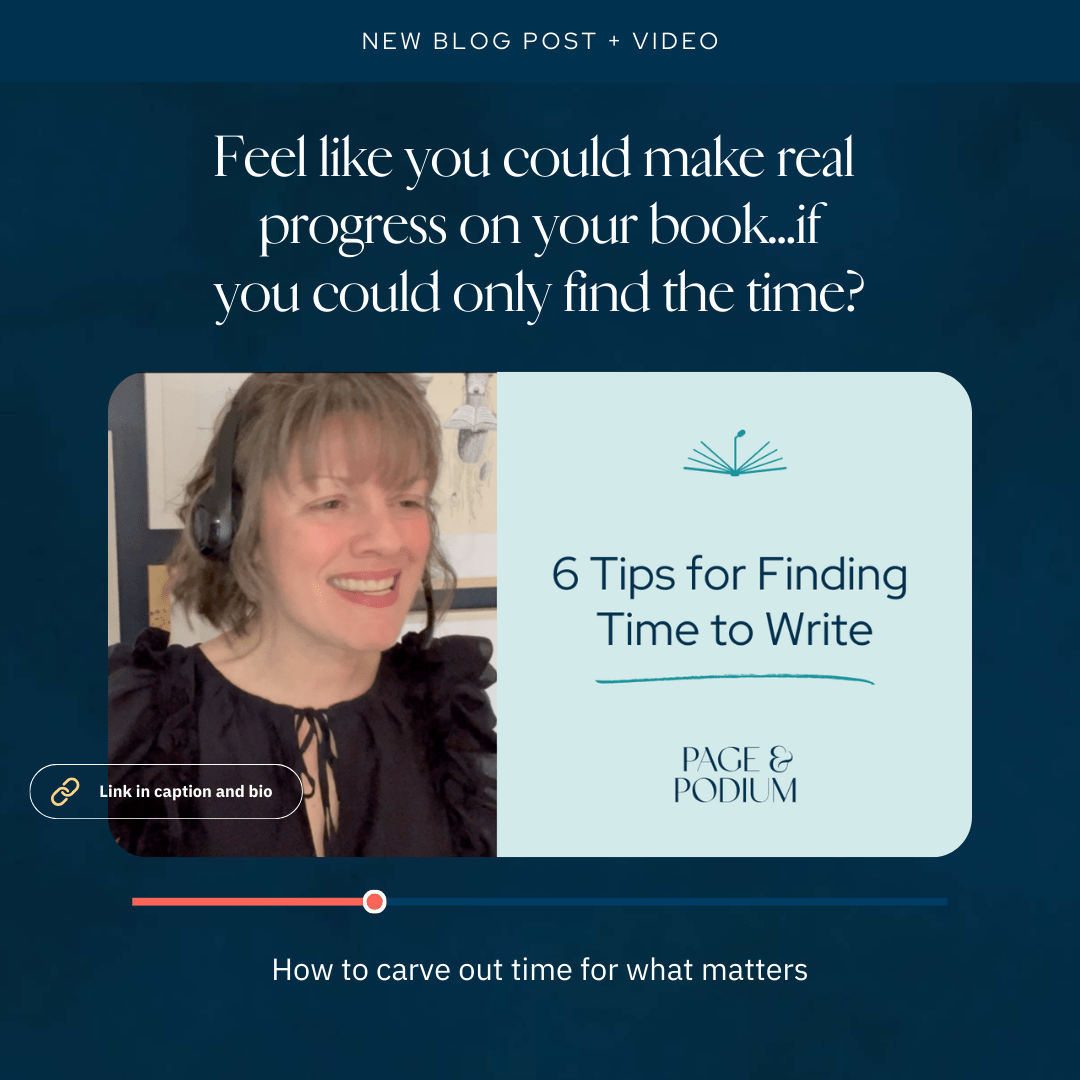I once brought in a poem to workshop in a college course. Twenty minutes before class, I felt confident about my work. But when my turn came, fight or flight took the wheel, and I froze. I could hardly breathe. I read my poem stiffly and waited for the inevitable disappointment. Except, it never came. My classmates loved my piece and gave me constructive critiques. They all said I’d done well, and the relief I felt was palpable.

The hard truth is that this stressful feeling was useless because I knew I’d put in the work to make my piece beautiful. It wasn’t flawless (nothing is!), but it wasn’t as bad as my reeling mind had made me believe.
In the moment, that self-doubt feels isolating. It’s as though you’re the only person in the world who feels horrible about their work.
You aren’t.
Everyone feels that tightening pressure in their gut before putting themselves out there through their writing. My classmates confessed to the same feelings as they shared their work with the class. It’s universal for all kinds of creatives, not just writers. My best friend is a skilled painter, and she still feels nervous when her piece is finished, unsure of whether she should add more highlight or shading. But she knows she can’t do that forever. Just like artists, writers have to decide it is time to stop.
“It’s normal to be nervous. Let yourself feel it. But put your work—and by extension, yourself—out there, anyway.”
How do you know when to stop revising and send your work into the world?
While there’s no clear-cut way to tell when a manuscript is finished, the only path forward is to get another pair of eyes on it. Several would be ideal. It’s easy to get stuck in your head when you’re writing. You’re your harshest critic, zeroing in on every word and wondering if you should have made a different choice. Ask someone you trust to be objective—but not harsh—to look over your manuscript. This can be someone you know personally or professionally, or you could hire someone. This is doubly helpful, as they may find lingering errors and provide much-needed reassurance.

As writers—and artists—we are intrinsically connected to our work. It’s a natural result of creativity. When we put so much of ourselves into our writing, it becomes part of us. So, it makes perfect sense that when we’re finished and the time comes to release our work into the world, we panic. What will they think? What if it’s not as good as I thought? What if I’m criticized? What if…? This unending cycle of self-doubt gnaws away at our stomachs. It’s normal. Even the most talented, accomplished writers doubt their finished manuscripts.
It’s normal to be nervous. Let yourself feel it. But put your work—and by extension, yourself—out there, anyway. Do it scared. Do it for yourself. Do it because this is something you can be proud of. That fear won’t just go away, but you can’t control that. What you can control is your own decision to share your work, regardless of fear.
You put in the effort because you wanted your message to be understood, felt, and known by others. That will only happen if you let it go.



